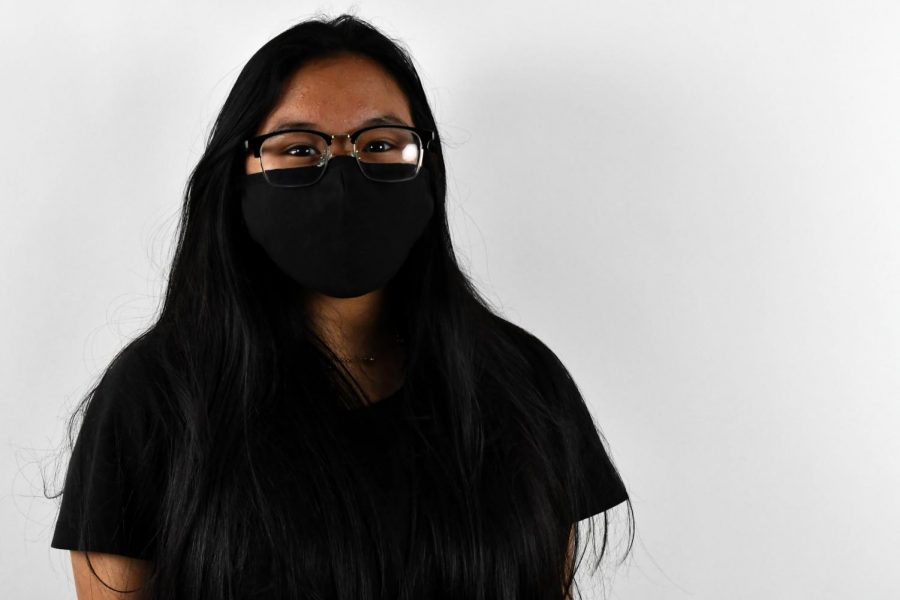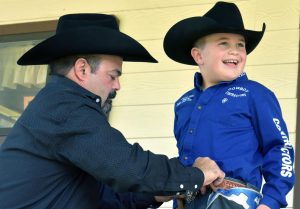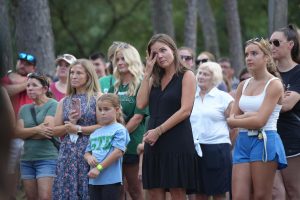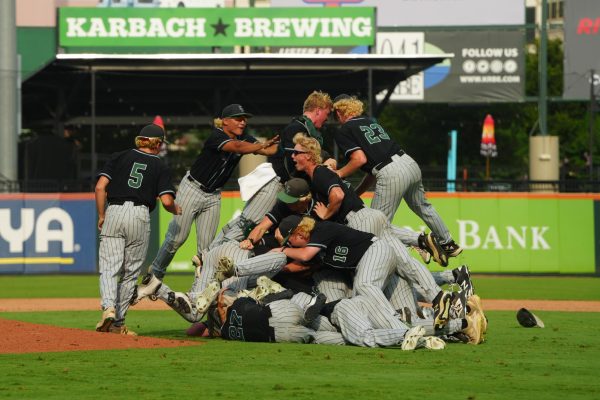Philippines remains important place for Buaquen
Sophomore Rain Buaquen misses family in the Philippines, but has enjoyed many aspects of living in the United States.
February 19, 2021
Rain Buaquen had the picket fence dream of the United States before she moved from Baguio City in the Philippines to Texas.
“I had a very unrealistic view of what the U.S. would be,” Buaquen said. “Adjusting to what it really was, was hard, just getting hit with reality.”
In January 2012, Buaquen moved from the Philippines with her dad and brother, in hopes that her dad would find a better job. The trip took Buaquen to Singapore, China, Russia and then to the U.S.
“It was a pretty long [trip],” Buaquen said. “It was the first time I’d ever gone on a plane.”
Though Buaquen still has family in the Philippines, it was her family here that helped her adjust. Buaquen’s cousin helped her with pronouncing words correctly so her accent wouldn’t be so prominent.
One thing that surprised Buaquen when she moved here was how spacious the U.S. was.
Texas is more than twice the size of the Philippines. In addition, the population of Texas is considerably smaller with only about 29 million people compared to the 110 million people in the Philippines.
“In Baguio, a lot of the houses are stacked up and all piled together,” Buaquen said. “Whereas here it is more spaced out, where everyone has their own space like a backyard.”
In the United States, Buaquen doesn’t see too many other Filipinos, and she misses being with people who understand the food and culture. However, Buaquen’s favorite part of the United States is the cultural diversity.
“In the Philippines, you’re not exposed to different cultures,” Buaquen said. “Here I can become friends with people of completely different backgrounds.”
She hasn’t visited the Philippines in five years and misses her sister and grandma the most.
“We had a lot in common,” Buaquen said. “They would often help and advise me on what to do.”















